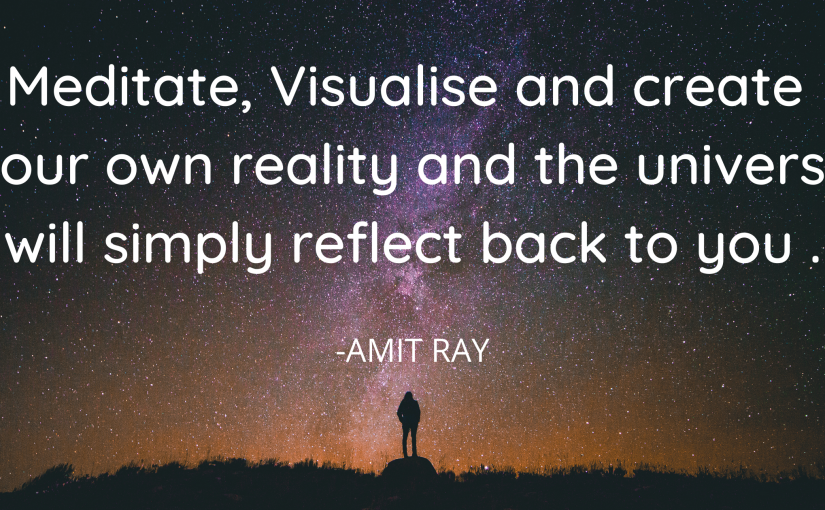- Your cart is empty
- Continue Shopping
Difference between CTET and TET

Teacher eligibility test(TET) began under the provisions of sub-section (1) of Section 23 of the RTE Act, the National Council for Teacher Education (NCTE) laid down the minimum qualifications for a person to be eligible for appointment as a teacher for class I to VIII.
Reasons for including the TET as the minimum qualification for a person to be eligible for appointment as a teacher are:
- To bring national standards and benchmark of teacher quality in the recruitment process;
- It would induce teacher education institutions and students from these institutions to further improve their performance standards;
- It would send a positive signal to all stakeholders that the Government lays particular emphasis on teacher quality.
CTET is an eligibility test conducted by the Central Board of Secondary Education (CBSE) twice a year. CTET is for those aspiring to be teachers in the centrally-run government schools such as Kendriya Vidyalaya Sangathan (KVS) and Novodaya Vidyalaya Samiti (NVS).
TETs are conducted at the state level by governments of different states. Through TET, candidates can secure teaching jobs in government schools run by state governments only. Candidates are not eligible to apply for a teaching job in central schools such as KVS and NVS. Some of the popular TETs include.
Differences between CTET & TETs
| CTET | TET | |
| Conducting body | It is conducted by CBSE on behalf of the central government. | TETs are conducted by the education boards of different states. (Eg MHTET) |
| Exam notification | CTET notifications are released twice every year. | TET notifications are released as per the vacancies available in the state government schools. |
| Age limit | There is no upper age limit to apply for CTET | Different state governments have other age criteria. Like. UPTET & HTET have set age criteria of 18-35 years. |
| Medium of paper | Any language | Candidates need to be fluent in the state language. |
| Certificate validation | Lifetime | Lifetime |
| Application fee | For single paper(Primary & elementary) Rs 1000/- For both the papers Rs 1200/- |
For general candidates Rs. 400-500 Reserved category Rs 200-500 |
TET and CTET eligibility
For Primary teachers- For reserved categories, the candidate must have cleared the class XII exam with 45% marks and have completed a Diploma in elementary education.
For the general category, candidates must clear the class XII exam with 50 percent marks. Cleared or appeared in Diploma in elementary education or completed bachelor in elementary education.
For elementary teachers – For the reserved categories, candidates complete their bachelor’s degree in a relevant discipline with at least 45% maks and their B.Ed. programme.
For the general category, candidates must complete their bachelor’s degree in a relevant discipline with 50 percent mark with either two years D.El.ED or their B.Ed programme.
Subject-wise syllabus for Paper-I
| Subjects in CTET and TETs | Topics | Marks |
| Child Development and Pedagogy | 1. Development of a Primary School Child
2. Concept of Inclusive education and understanding children with special needs 3. Learning and Pedagogy |
1x 15=15
1x 5=5
1x 10=10 |
| Language 1 & 2 (30 questions in each) | 1. Language Comprehension
2. Pedagogy of Language Development |
1x 15=15
1x 15=15 |
| Mathematics | 1. Content (numbers, solving simple equations, algebra, geometry patterns, time, measurement, data handling, solids, data handling, etc.)
2. Pedagogical issues |
1x 15=15
1x 15= 15 |
| Environmental Studies | 1. Content (environment, food, shelter, water, family and friends, etc.) 2. Pedagogical issues |
1x 15= 15
1x 15= 15 |
Subject-wise Syllabus for Paper-II (Two papers differ in this group )
Child Development & Pedagogy, Language (2 papers), Maths & Science / Social Science
| Mathematics and Science | 1. Mathematics Number system, Algebra, Geometry, Mensuration, Data Handling Pedagogical issues
2. Pedagogical issues 3. Science Food, Materials, The world of the living, Moving things, people and ideas, How things work, Natural phenomena and resources 4. Pedagogical Issues |
1x 20= 20
1x 20= 20 1x 10= 10 |
| Social Science | 1. History, Geography, Social and Political Life
2. Pedagogical Issues |
1x 20= 20
1x 10= 1 |
You can find more information about CTET by clicking here
To watch youtube video you can click here
Do mention in the comment what would you like to know more about. We shall be sharing TET Exam tips and sites/books to study in our next blog. Subscribe to stay tuned.





